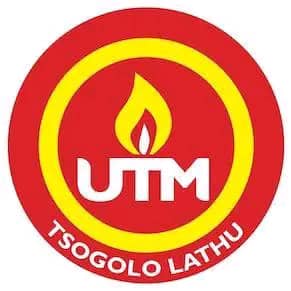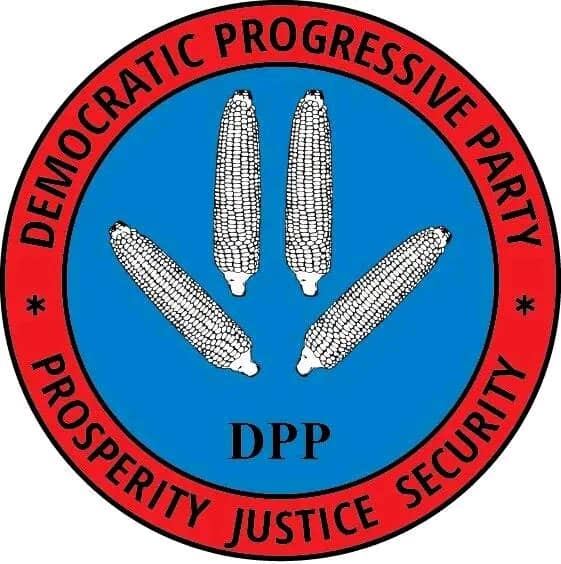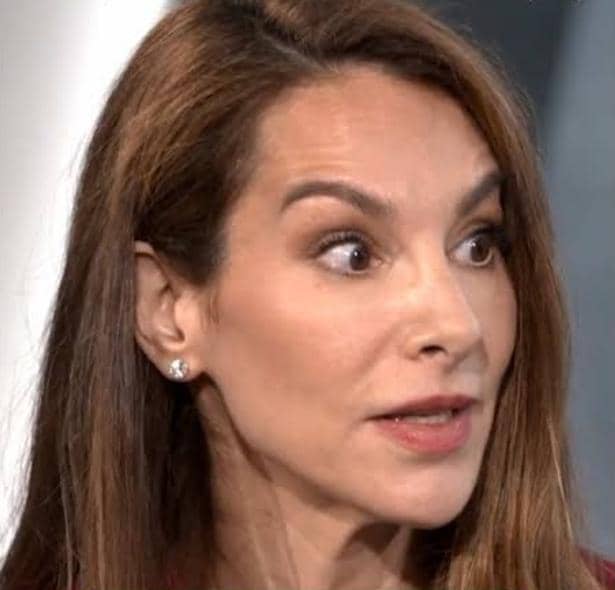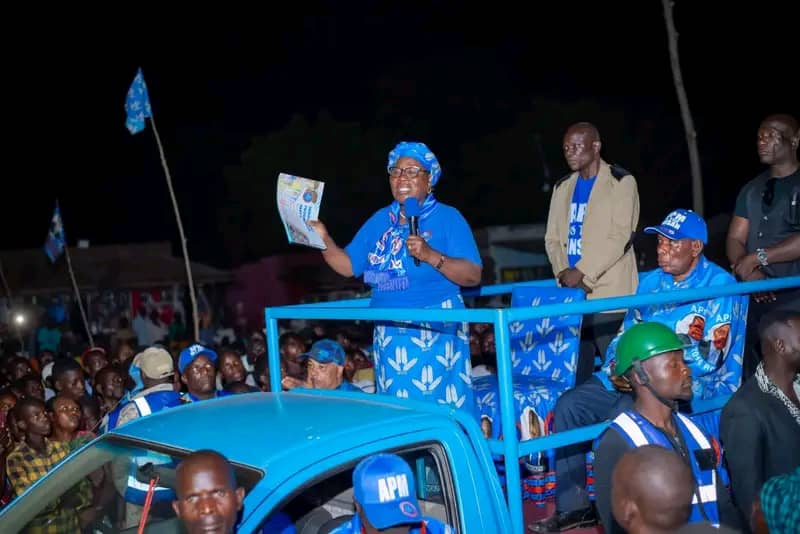
By Burnett Munthali
Tensions have erupted within the National Executive Committee as internal disagreements over the party’s political direction reach a boiling point.
According to sources close to the matter, the situation became so heated during a recent meeting that one member even went as far as banging the table in frustration.
This dramatic gesture reflected the deep divisions and frustrations simmering beneath the surface of the leadership.
At the heart of the dispute lies a growing push by several committee members who are strongly advocating for a political alliance with the Democratic Progressive Party (DPP).
These members believe that forming a strategic alliance with the DPP could boost their chances of returning to power in the 2025 elections.
The proposal, however, has not been welcomed by all.
Some members are reportedly skeptical of joining forces with the DPP due to historical grievances, ideological differences, or fear of being politically overshadowed.
Yet, those in favor of the alliance argue that the political landscape is shifting rapidly and that survival now depends on unity among opposition forces.
They believe that the ruling party’s dominance can only be effectively challenged through coalition politics, especially in regions where the opposition has been historically fragmented.
The chaos during the committee meeting underscores the fragile cohesion of the leadership and the urgent need for consensus ahead of the 2025 polls.
This internal wrangling also highlights the increasingly high stakes in Malawian politics, where decisions made behind closed doors can significantly influence national outcomes.
As debates continue, party leaders are faced with the difficult task of balancing personal convictions, party interests, and national realities.
History, as often said, is the best teacher—and past experiences of fragmented opposition leading to electoral losses are still fresh in the minds of many.
Several political analysts have noted that previous attempts by divided parties to go solo have failed, often benefiting the ruling party by default.
In contrast, strategic alliances in 2020 played a pivotal role in securing electoral victory for the Tonse Alliance.
The lesson from history is clear: unity in diversity can yield results, while fragmentation leads to defeat.
As the 2025 general elections approach, the pressure is now mounting on the National Executive Committee to either act boldly or risk political irrelevance.
The decisions made in the coming weeks will determine not just the future of the party, but the shape of the opposition front as a whole.
What remains to be seen is whether wisdom will prevail, and whether personal egos can be set aside for the greater political good.
Conclusion
The internal tensions within the National Executive Committee are a reflection of the broader challenges facing Malawi’s opposition forces today.
With history offering sobering lessons on the cost of disunity, it is imperative that party leaders rise above internal discord to forge meaningful and strategic alliances.
The table-banging incident may have been dramatic, but it serves as a powerful metaphor for the urgency and gravity of the moment.
As Malawi inches closer to the 2025 elections, the call for a united opposition becomes not just a political option, but a national necessity.




